The Executive Vice-President of the European Commission Frans Timmermans underlines the importance of creating a global alliance to speed up the transition to a circular economy. Timmermans pointed out a fresh initiative of the Commission at the top circular economy event of the year, WCEFonline on 29 September. Earlier statements from the Commission have also urged the necessity for this kind of co-operation.
According to what has been said earlier, the Commission has aimed at creating an intergovernmental group that would include businesses, international organisations and the third sector.
On Tuesday, Timmermans used these arguments to reason the need for creating a circular economy alliance: “We want to work closely with our international partners, especially those who share our ambitions, and we want to convince others who don’t share them yet to go into the same direction.”
Timmermans has a clear vision of the direction the economy should develop towards. Our dependance of virgin raw materials needs to be minimised. And at the same we need to make sure to update our skills. “The circular economy means business. It should be the economic model of the future”, Timmermans underlined.
New global business spurred by Europe?
Timmermans speech verifies what the President of the European Commission Ursula von der Leyen stated a couple of weeks back that the EU wants to be spearheading the circular economy development.
”It is wonderful that the Commission has made an initiative for founding the alliance,” says Jyrki Katainen, President of Sitra, the main organiser of WCEFonline.
”An alliance like this could also look into the opportunities international trade has to offer for enhancing material efficiency and circular economy trade”, Katainen continues and refers to Director Inger Andersen of the United Nations Environment Programme, who also spoke at the opening session of WCEFonline. Andersen underlined that all multilateral international agreements should take the circular economy into consideration, supporting sustainable production and consumption.
The newest circular economy package by the European Commission is based on changing product design to enable circularity in the production of goods and services. New EU proposal for legislation on the subject is due to be ready next year.
”A joint direction pointed out by the alliance would offer businesses outside Europe new opportunities in growing their circular product offering in a situation where the EU is tightening the requirements on circular products”, Katainen weighs.
Could the WCEF and the planned alliance complement each other?
Organised for the fourth time this year, the World Circular Economy Forum was created out of the necessity to understand the circular economy holistically, all the way from material use to new product lifecycles. Making closed material and value loops work always calls for co-operation – often on a global scale – and this is exactly the kind of collaboration the WCEF has been aiming to accelerate.
”It is evident that the goals of this new global alliance come very close to the targets of the World Circular Economy Forum. We are very open for discussions on possible co-operation for developing the alliance,” says WCEF Project Director Mika Sulkinoja from Sitra.
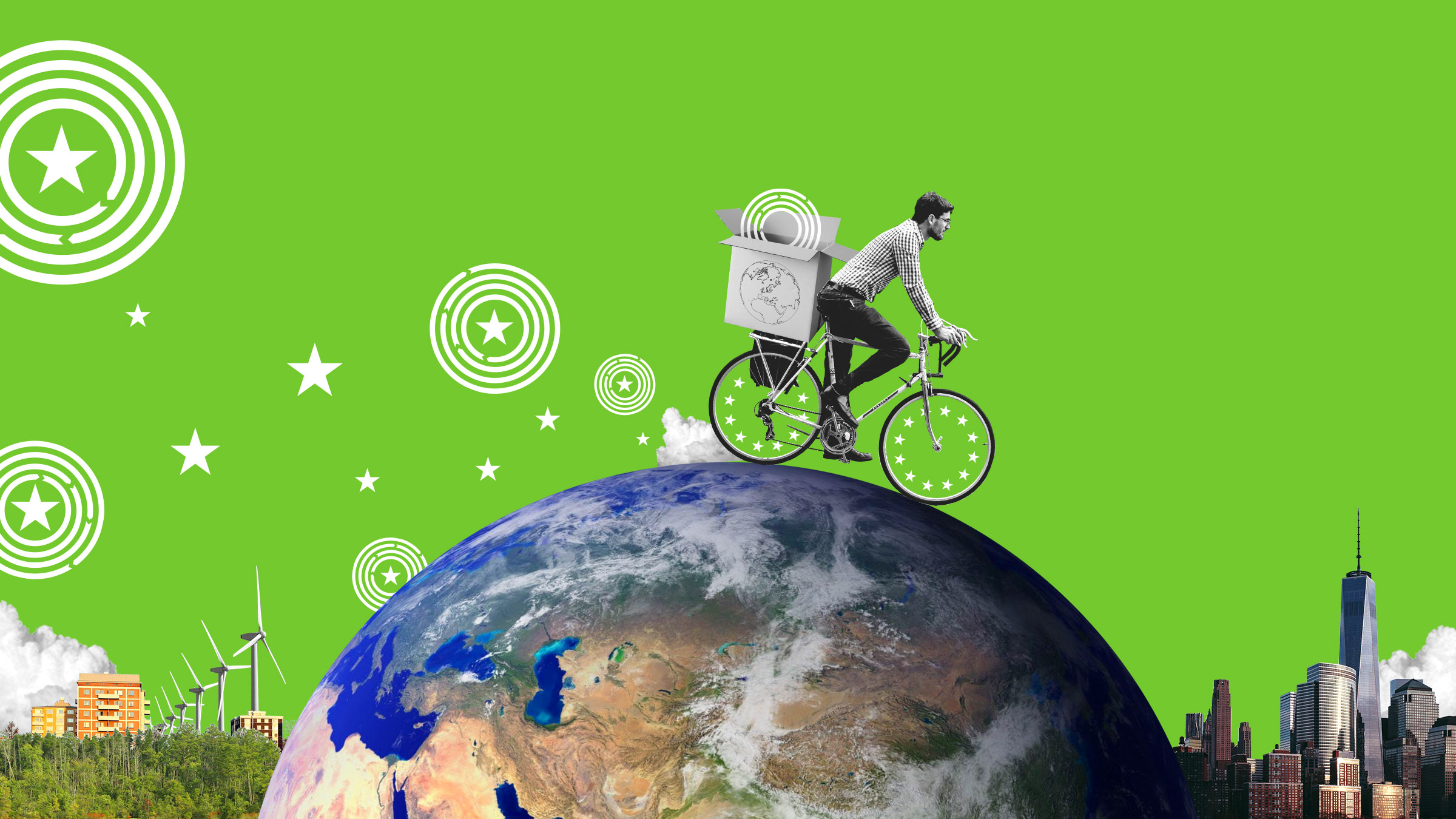

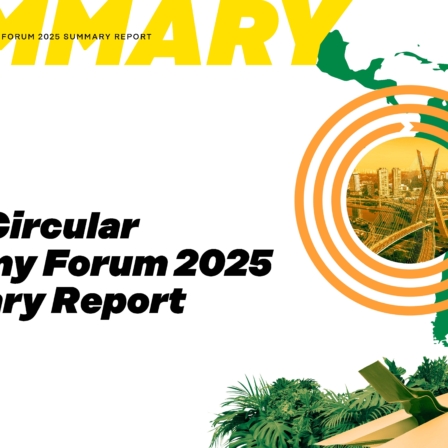
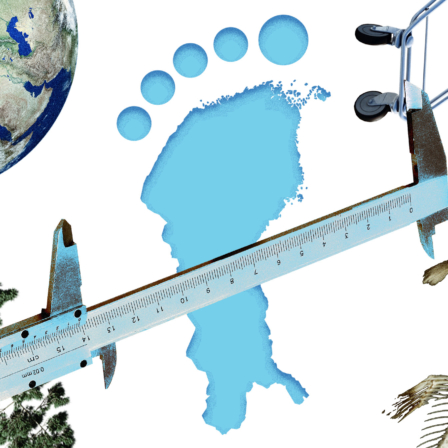




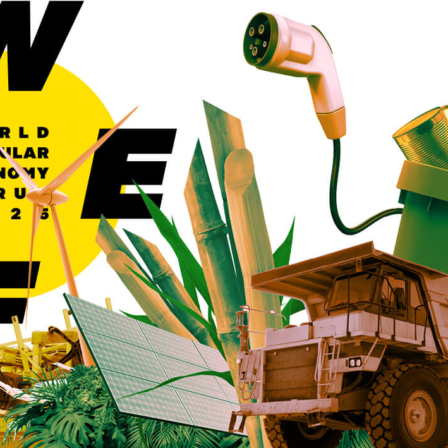






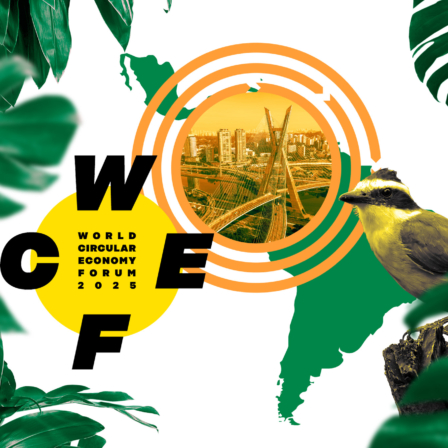

Recommended
Have some more.